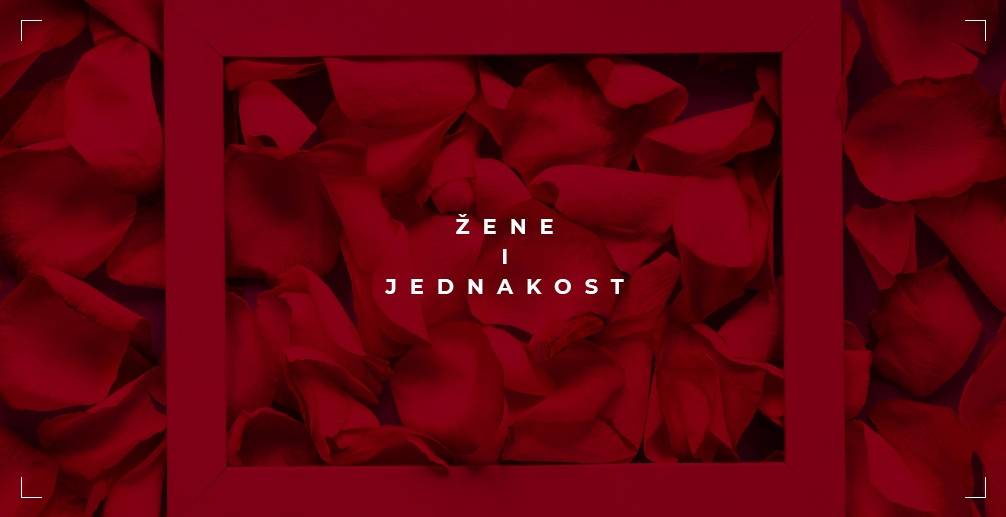
| Project | Time for women's rights and gender equality in Montenegro | ||
|---|---|---|---|
| Location | Role | Donator/Financial sources | Duration |
| Montenegro | Partner | Slovenia Development Cooperation Fund | May 2014 - September 2016 |
| Project goals |
Strengtening the protection of women's rights in Montenegro through increasing the capacities of Montengrin public servants. |
||
|
In partnership with Ekvilib Institute from Ljubljana, Public Policy Institute started this project in order to implement the transfer of expertise and mechanisms for gender equality from Slovenian institutions to Montenegrin. Civil society organizations in Montenegro have limited capacity to promote and monitor the work of government institutions in the field of gender equality. Existing organizations working in the field of women's rights are focusing on narrow areas (eg. direct assistance to women victims of violence) but not focusing on a broader approach to improving the position of women in society. Beside that, there is no institution that could offer systematic training and consultations for employees in the public administration and the civil society. Media in Montenegro still does not recognize the importance of gender mainstreaming. They are usually reporting in a non gender-sensitive language and continuously broadcast media material that supports stereotypes. All this is reflected in low general awareness of importance of gender equality and women's empowerment of recognizing discrimination and of a need for proactive action to address gender inequalities. Our aim is to enable the system of experts to carry out trainings and consultancy in the field of gender equality, to present the issue of gender (in)equality in the public discourse and make politicians and relevant officials to receive professional basis to make systematic improvements in the field of gender inequality and women's rights.
|
|||
| Project | Time for women's rights and gender equality in Montenegro |
|---|---|
| Location | Role |
| Montenegro | Partner |
| Donator/Financial sources | Duration |
| Slovenia Development Cooperation Fund | May 2014 - September 2016 |
| Project goals |
Strengtening the protection of women's rights in Montenegro through increasing the capacities of Montengrin public servants. |
|
In partnership with Ekvilib Institute from Ljubljana, Public Policy Institute started this project in order to implement the transfer of expertise and mechanisms for gender equality from Slovenian institutions to Montenegrin. Civil society organizations in Montenegro have limited capacity to promote and monitor the work of government institutions in the field of gender equality. Existing organizations working in the field of women's rights are focusing on narrow areas (eg. direct assistance to women victims of violence) but not focusing on a broader approach to improving the position of women in society. Beside that, there is no institution that could offer systematic training and consultations for employees in the public administration and the civil society. Media in Montenegro still does not recognize the importance of gender mainstreaming. They are usually reporting in a non gender-sensitive language and continuously broadcast media material that supports stereotypes. All this is reflected in low general awareness of importance of gender equality and women's empowerment of recognizing discrimination and of a need for proactive action to address gender inequalities. Our aim is to enable the system of experts to carry out trainings and consultancy in the field of gender equality, to present the issue of gender (in)equality in the public discourse and make politicians and relevant officials to receive professional basis to make systematic improvements in the field of gender inequality and women's rights.
|
|
Follow-up
Public call for training in field of gender equality and gender mainstreaming READ MORE
Training on gender equality and gender mainstreaming READ MORE
Publication "Implementation of the Resolution 1325 SC UN - Women, Peace and Security in Montenegro" DOWNLOAD
Publication "Guidelines for gender sensitive reporting" itended to support Western Balkans media reporting can be downloaded HERE.
